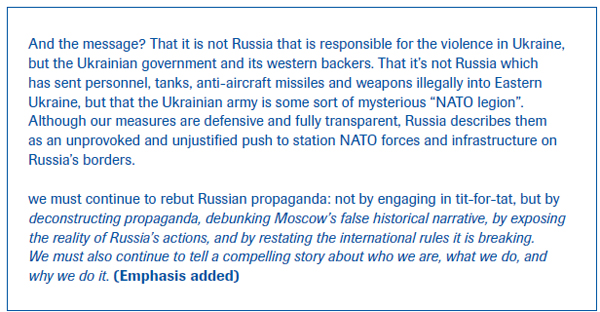Diplomacy in the Digital Age
- By Brian Hocking and Jan Melissen
 0 Comment(s)
0 Comment(s) Print
Print E-mail China.org.cn, October 26, 2015
E-mail China.org.cn, October 26, 2015
|
|
As Ilan Manor has argued, in the age of social media the ability of governments to frame agendas and the flow of events is challenged by changing realities in flows of communications. Older assumptions that framing develops in a hierarchical form – 'cascading' from government to publics and with the traditional media assuming a key mediating role – are challenged by the fact that social media exposes publics to a diversity of 'frames'. Even at the governmental level, people can follow rival foreign ministries each offering their own narrative, whilst local embassies can compete with host governments, tailoring messages to specific groups challenging the framing of events given by the host government. For example, at the time of Prime Minister Benjamin Netanyahu's controversial address to both US Houses of Congress in the spring of 2015, the Israeli Embassy in Washington DC was able to frame its take on events by using social networking sites like Twitter, where its number of followers amounted to 80,000+.
With text and visuals from all sorts of news organizations – ranging from bloggers to powerful media conglomerates – the arena in which issues are being framed has become much more complex. Their selection of what constitutes the news and their take on 'events' can be accessed cheaply and via multiple channels. At the same time the growth of social networking sites helps to create 'new gatekeepers' to rival the traditional role of the media. Private bloggers and social media leaders can attract mass audiences and so become influential interpreters of reality. How are diplomats responding to these challenges? Manor's conclusion is that on the whole, MFAs adhere to the older patterns of public diplomacy, using social media, for example, to broadcast messages rather than engaging in dialogue with an 'audience'.
MFA activity in the social media is still fraught with questions, begging for more strategic thinking and managerial direction within foreign ministries. Diplomats are likely to experience tensions between traditional diplomatic norms and the requirements of operating in an increasingly digitalized environment redefining their roles. Notions about the sharing of information aligned with the principles underpinning digital networking, for instance, run against the diplomatic wisdom that information is power. This is pointing to the need to adapt the conventional diplomatic wisdom to changing norms. As far as it is true that diplomats' behaviour in the social media is still largely characterized by old-style public diplomacy practices, this calls for social media strategies at lower levels within the organization and an upgrading of 'analogue' routines.




Go to Forum >>0 Comment(s)